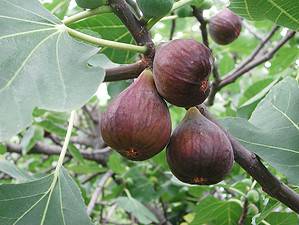Although some insects are warmly welcomed in backyards across the world, others can be quite a nuisance. If you’re dealing with a cricket problem, there are several tried and true methods that you can use to help deter them from your garden completely. Let’s explore eight different ways homeowners can make sure that crickets stay far away from their homes and yards.
1. Add Plants to Your Yard That They Dislike

Herb gardens are functional and easy to maintain even for the most inexperienced gardeners.
©stockcreations/Shutterstock.com
There are several plants that homeowners can incorporate into their gardens that will naturally repel crickets and many other insects. Among them are garlic, chives, onions, peppermint, lavender, and cilantro. This is an effective tactic to keep crickets at bay, but it also offers homeowners the benefit of fresh food.
2. Add Plants to Your Yard That Attract Their Predators
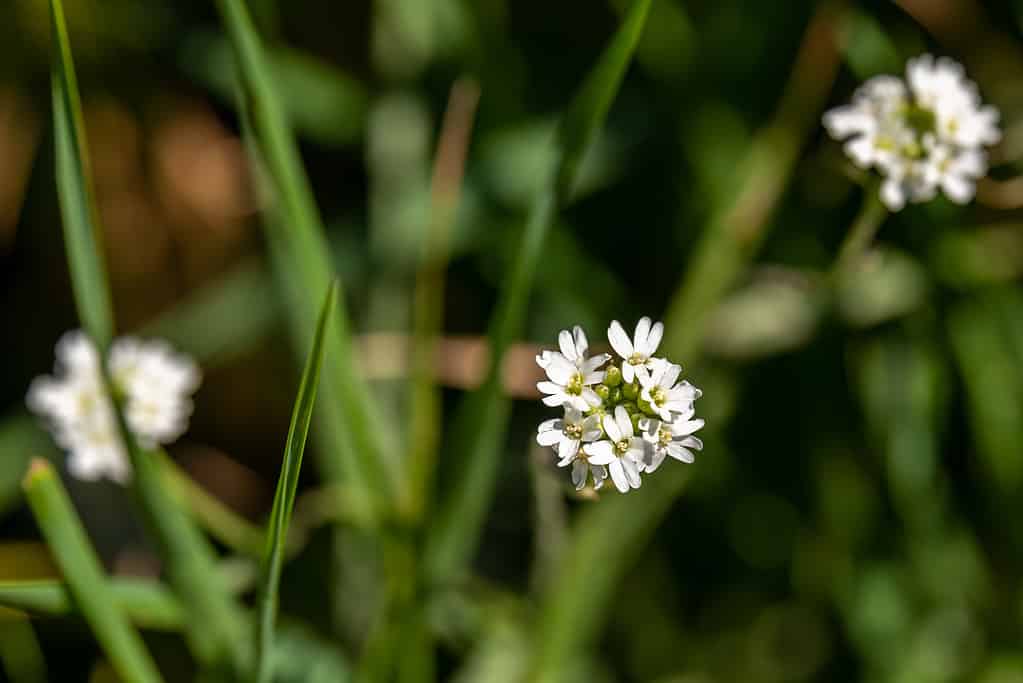
Alyssum is beautiful and functional.
©Barbara Gabay/iStock via Getty Images
If planting repellents does not help, try planting flowers and herbs that will attract the natural predators of crickets. Tachinid flies parasitize crickets, and these flies enjoy visiting alyssum, fennel, dill, and parsley. In addition, a number of birds include crickets as a part of their diet as well. Try setting up bird feeders or bird baths to help attract them to your yard. With a garden full of predators, the cricket population is bound to die down significantly.
3. Spray Your Garden With Natural Insect Repellents
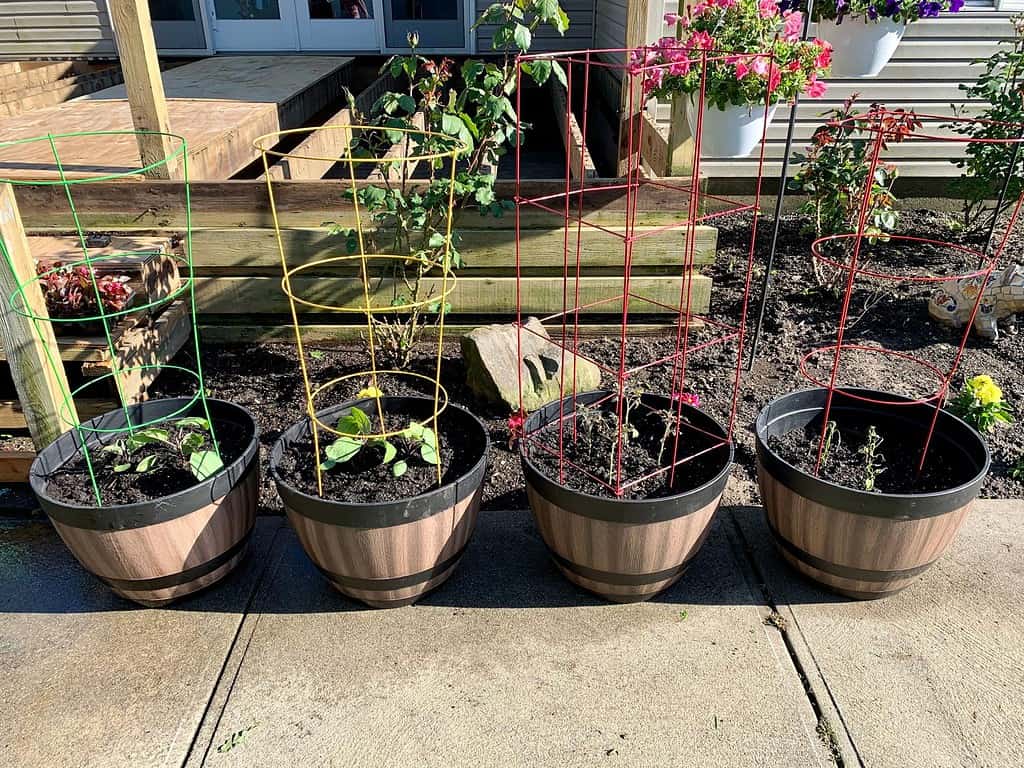
This natural insect repellent will also work wonders if you’re dealing with an insect problem inside the home.
©Jaclyn Vernace/Shutterstock.com
Spraying your vegetables and flowers with pesticides can be harmful to the overall health of your garden. Instead, try to make a natural repellent mixture using ingredients that crickets hate. Some scents that crickets can’t stand are cinnamon, lemon juice, vinegar, cayenne pepper, coffee grounds, and dish soap. Mix these with a little bit of water in a spray bottle and spritz it around your garden.
4. Manicure Your Garden and Yard Frequently

In addition to mowing and trimming, weeding garden beds can also help repel crickets.
©Paul Maguire/Shutterstock.com
Believe it or not, cutting your grass, trimming down hedges and bushes, and keeping a well-manicured garden can be helpful in repelling crickets as well. The more unruly your vegetation is, the more hiding places these insects will have. In addition to repelling crickets, this will also help keep other pest insect populations under control.
5. Sprinkle Essential Oils Around Your Yard

Essential oils are powerful, natural insect repellents.
©Tatevosian Yana/Shutterstock.com
While crickets are known to hate several scents, essential oils are some of the most effective repellents of all. Peppermint, eucalyptus, citronella, and lavender essential oils have strong fragrances that these insects are sensitive to. Try sprinkling a few drops of these around your yard and watch how the cricket population shrinks.
6. Make Sure Your Yard Isn’t Too Moist or Warm
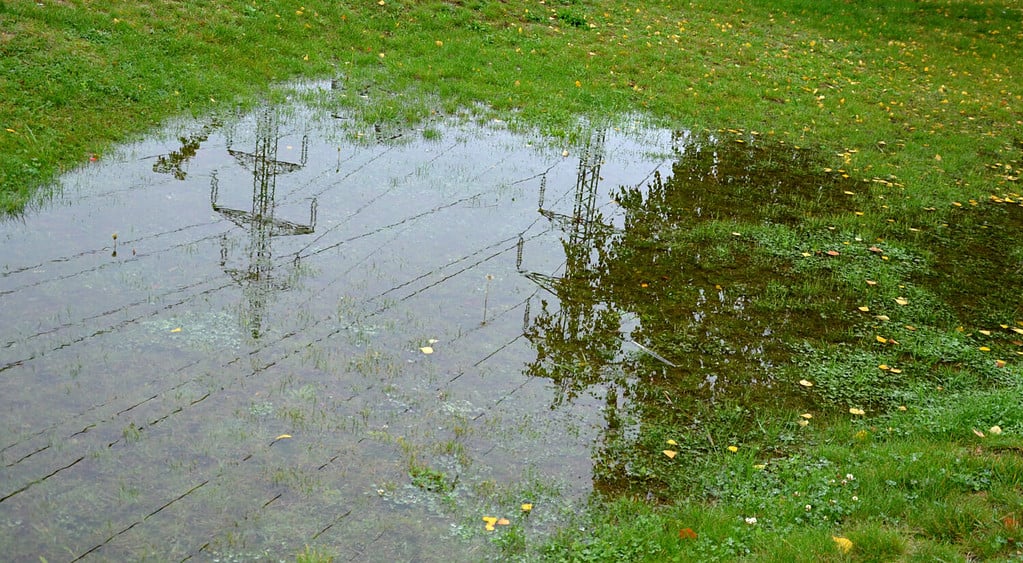
Although drier lawns repel crickets, they are more likely to have a dull, brownish appearance. It’s important to strike a balance between the two so you’re not sacrificing looks.
©Beekeepx/Shutterstock.com
Depending on where you live, this might be a difficult task. However, crickets are attracted to warm, damp areas, so ensuring that your yard is cool and dry will discourage them from staying for too long. Make sure to fill in any spots of your lawn that cave in and accumulate water. Using a mixture that includes sand will help keep the soil more dry.
7. Keep Compost Far, Far Away From Your Home
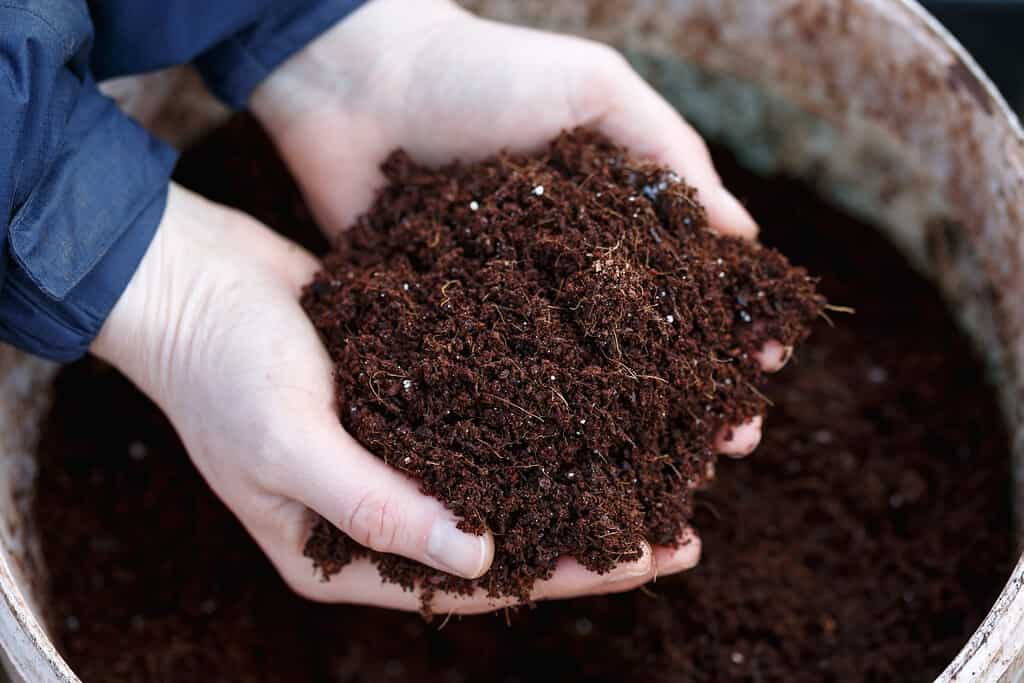
Composting is a wonderful way to reduce waste and recycle your unused kitchen trimmings.
©Max_555/Shutterstock.com
If you’re someone who composts in your yard, this might be exactly what is attracting so many crickets. While this is a wonderful practice, these insects seem to enjoy the smell of rotting food and garbage, so keeping your compost far away from your home will ensure that crickets stay far away from your home as well.
8. Use Pesticides as a Last-Ditch Effort
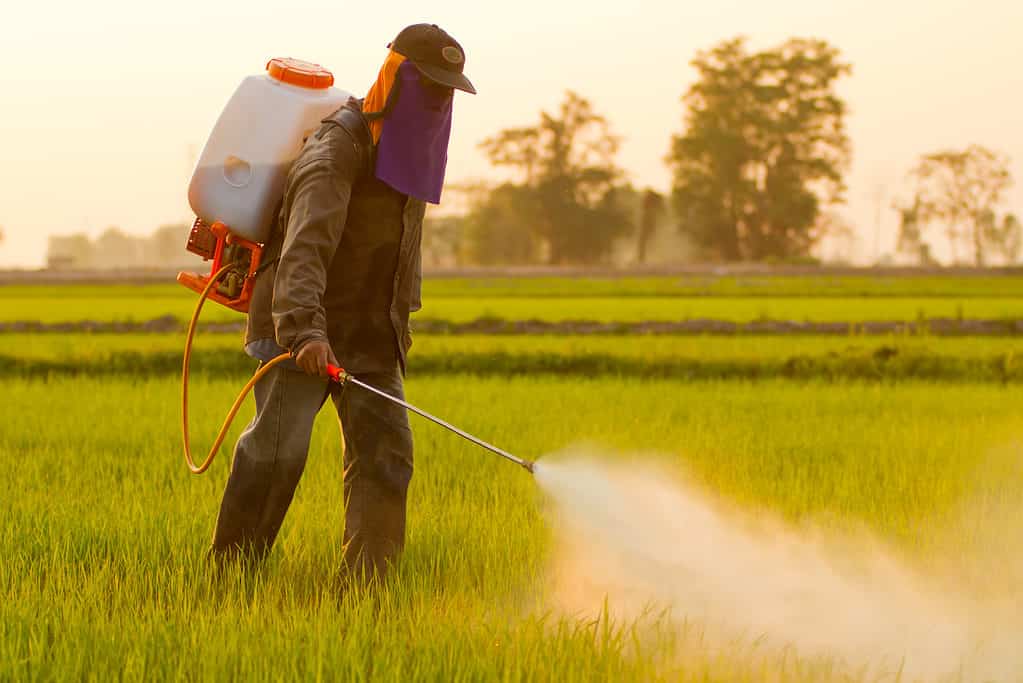
Pesticide use is harmful to plants, insects, and animals alike. These chemicals have the potential to poison wildlife and disrupt the natural food chain.
©PiggingFoto/Shutterstock.com
Although pesticides are incredibly effective, they should only be used as a nuclear measure as they can be incredibly damaging to a variety of wildlife beyond insects. According to Audubon New York, “The use of lawn pesticides by homeowners accounts for the majority of wildlife poisonings reported to the EPA each year. Birds are particularly vulnerable, as they feed on the ground and often mistake pesticide granules for food. It is estimated that approximately 7 million wild birds are killed each year due to the aesthetic use of pesticides by homeowners.” Because of this, pesticides should only be used as a last resort for dire situations.
The photo featured at the top of this post is © Petr Ganaj/Shutterstock.com
Thank you for reading! Have some feedback for us? Contact the AZ Animals editorial team.





